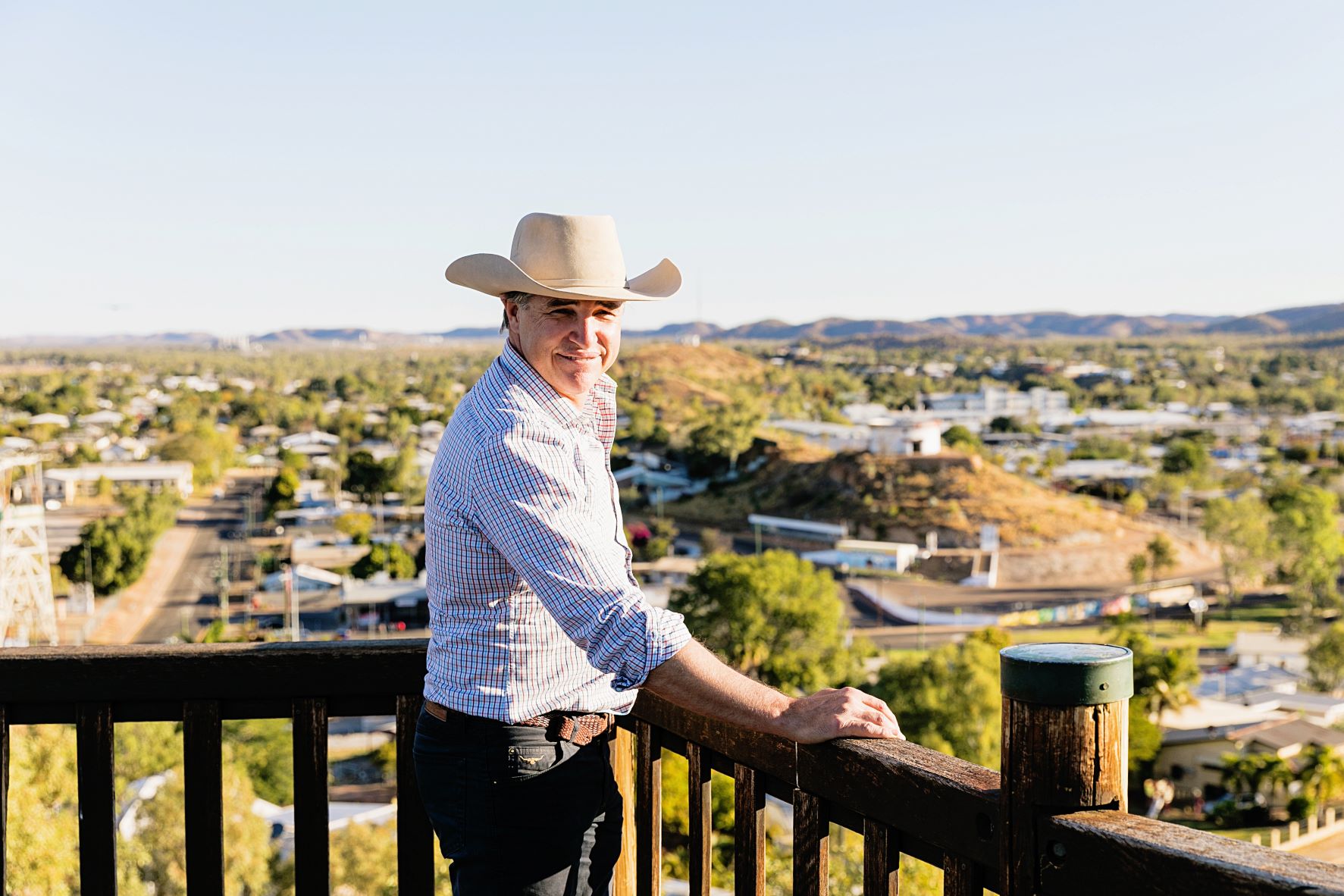
05 Feb BANKS ABANDONING BRICKS AND MORTAR BUT BIGGER ISSUES AT PLAY: KATTER
Private banks are abandoning rural Australians at an alarming rate and are relying on public-owned infrastructure – namely the Australia Post network – to plug the local service deficits left in their wake, Katter’s Australian Party Leader and Traeger MP Robbie Katter has said.
Speaking following news that Westpac would close its branches in Cloncurry, Tully and Ingham while NAB would depart Longreach in the coming months, Mr Katter said there was a growing onus on governments to intervene in the growing failure of banks to service the regions.
The latest regional branch closures join a long list of 1,600-plus national sites that have been abandoned by the banks since 2017.
Mr Katter said he understood banks were increasingly calling on the publicly-owned Australia Post, which has 4,310 branches nation-wide (and 2,513 in regional Australia), to fill the service void they left in the regions.
This plugs some gaps in the short-term but ultimately fails to address the bigger issue at play, he said.
Mr Katter said the regions were fundamentally under-serviced by the banks and that he wanted to see a Commonwealth Government-owned banking corporation established and operated through post offices and would offer a full suite of banking services, including loans.
The Traeger MP said establishing a “People’s Bank” designed to facilitate economic prosperity and rural and regional growth was a foundational policy platform for the KAP and had been the focus of extensive legislative efforts for the party at both the State and Federal levels.
“The fully privatised banking sector that we have known for the past few decades has proven itself to be a beast that will chase profits at any and all costs; their loyalty is, of course, to their boards and shareholders, not to the Australian people and certainly not to those in rural, regional and remote areas,” Mr Katter said.
“But we cannot accept the same degree of cruel apathy by governments that are elected to protect and advance the interests of us all; as part of this responsibility, they must ensure financial services are accessible for all no matter where you live.
“For many years not only have the banks been departing from their bricks and mortar, but far more concerningly their obligation to provide loans in rural and regional areas.
“It is well-acknowledged that postcode discrimination exists from all major lenders and trying to get a loan in Charleville or Cloncurry is dramatically more prohibitive than Townsville or Brisbane, for example.
“These decisions are driven by post code (figuratively speaking) and are often no reflection on the suitability for an applicant’s security for a loan.
“Towns cannot move forward if people wanting to buy houses can’t get loans on reasonable terms nor can they attract people to buy businesses for the same reason.
“The main banks keep saying that they still do business in the town, and people can still do transactions through Australia Post, but if you scratch below the surface, the reality is very different.”
Mr Katter said the public-owned bank, operated through the post office network similar to Kiwi Bank in New Zealand, was the logical solution and was highly-achievable if the “die-hard, economic rationalists” got out of the way.
Under a proposed Commonwealth Postal Savings Bank Bill 2023, a Commonwealth Government-owned banking corporation would be operated through post offices, separate from the Australian Postal Corporation, and offer full banking services.
The Bill would include an agency agreement to ensure Australia Post and licensed post offices received full payment for providing the infrastructure for postal services.
“The beauty of this proposal is that it could be highly beneficial to the Government’s bottom line and make money for the taxpayer rather than burden them, injecting much-needed competition into the sector riding on the back of the Australia Post network of almost 4,500 outlets,” Mr Katter said.
ENDS

Sorry, the comment form is closed at this time.